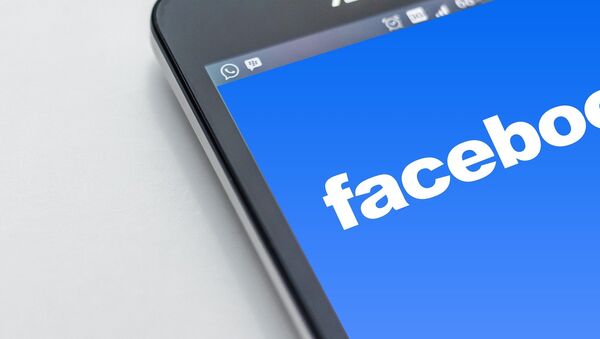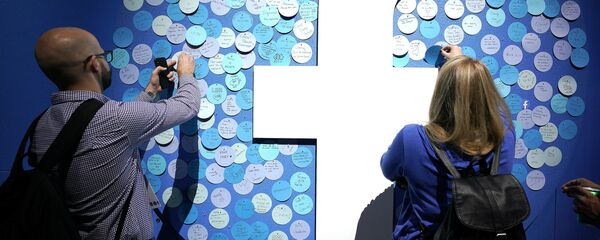The signals include a wide range of on- and off-platform behaviour. If you praise the wrong individual, interview them, or appear at events alongside them, Facebook may categorize you as a “hate agent.”
Facebook could also categorize you as a hate agent if you self-identify with or advocate for a “Designated Hateful Ideology;” if you associate with a “Designated Hate Entity;” if you have “tattoos of hate symbols or hate slogans, or for possession of “hate paraphernalia,” although the document provides no examples of what falls into this last category. Facebook, according to the document, will also consider “statements made in private but later made public.”
The document also shows that Facebook divides hate speech into three tiers depending on severity and considers attacks on a person’s “immigration status” off and on the social media platform to be hate speech.
“Individual has made public statements, or statements made in private and later made public, using Tier 1, 2, or 3 hate speech or slurs: 3 instances in one statement or appearance = signal; 5 instances in multiple statements or appearances over one month = signal,” the document reads.
Other signals used by Facebook to determine if its users should be designated as hate agents include carrying out violence against people based on their “protected or quasi-protected characteristics,” attacks on places of worship, and conviction of genocide.



